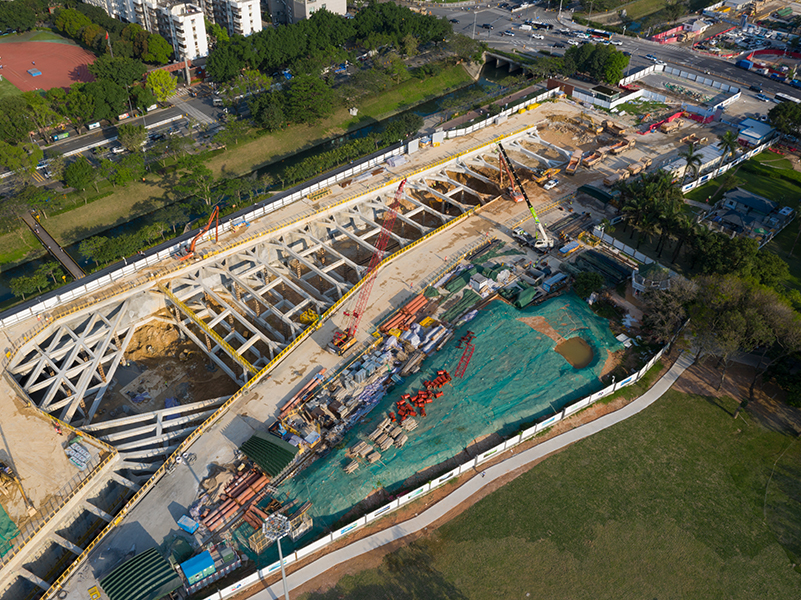Introduction Construction sites require a lot of coordination and careful planning. One aspect of construction that is often overlooked is the importance of keeping the site clean and free of debris. In this article, we will discuss the significance of pavement sweeping on construction sites.
SWPPP Compliance
Under the Clean Water Act of 1972, construction sites are required to have a Stormwater Pollution Prevention Plan (SWPPP) in place to prevent erosion and minimize the discharge of pollutants into nearby waterways. Pavement and street sweeping are considered a best management practice (BMP) that can help construction sites comply with SWPPP regulations.
Track Out Control
Track out occurs when dirt, gravel, or other construction materials are transported from a construction site to nearby streets, sidewalks, and storm drains by construction vehicles, equipment, and workers’ feet. Track out control is critical to prevent erosion, reduce airborne dust, and prevent pollutants from entering nearby waterways. Pavement sweeping is a proven BMP that helps control track out by removing dirt, dust, and debris from the surface of paved areas before it is transported off the construction site.
Pavement Sweeping for Erosion Control
Soil erosion can be a potential environmental and property damage issue. Pavement sweeping is an effective way to control erosion by removing soil and debris from paved areas, which can help reduce the amount of sedimentation in nearby waterways.
Additional Benefits of Regular Sweeping
Regular pavement and street sweeping can provide additional benefits to construction sites, including improved air quality, increased safety, and a better site appearance. Airborne dust can be a health hazard for workers and surrounding communities. Sweeping helps reduce dust levels by removing dirt and debris from paved surfaces, which helps improve air quality on and around the construction site. A clean construction site looks more professional and can help create a positive image for the construction company.
Conclusion
In conclusion, pavement sweeping is critical to complying with federal regulations and preventing pollution of nearby waterways. It is an essential BMP for controlling track out and ensuring SWPPP compliance. Additionally, regular pavement and street sweeping provide additional benefits, including improved air quality, increased safety, and a better site appearance. CP Maintenance provides comprehensive pavement and street sweeping services that meet construction sites’ specific needs. Contact us today to learn more about how our sweeping services can benefit your construction site and help you meet your regulatory obligations.

